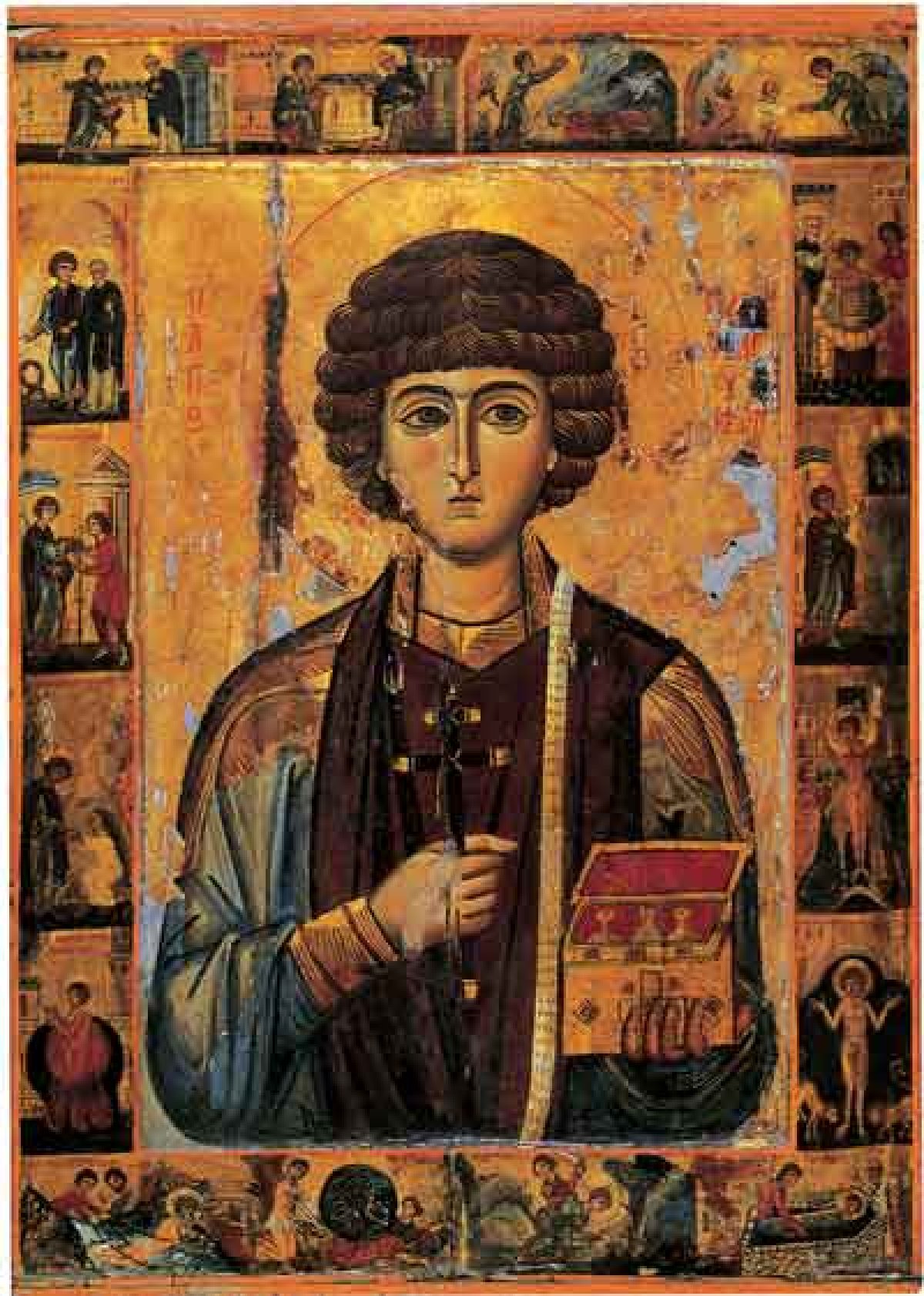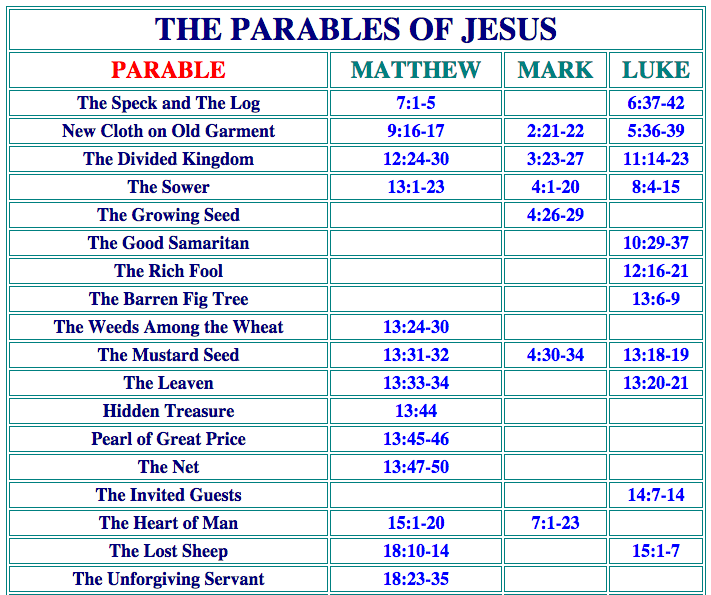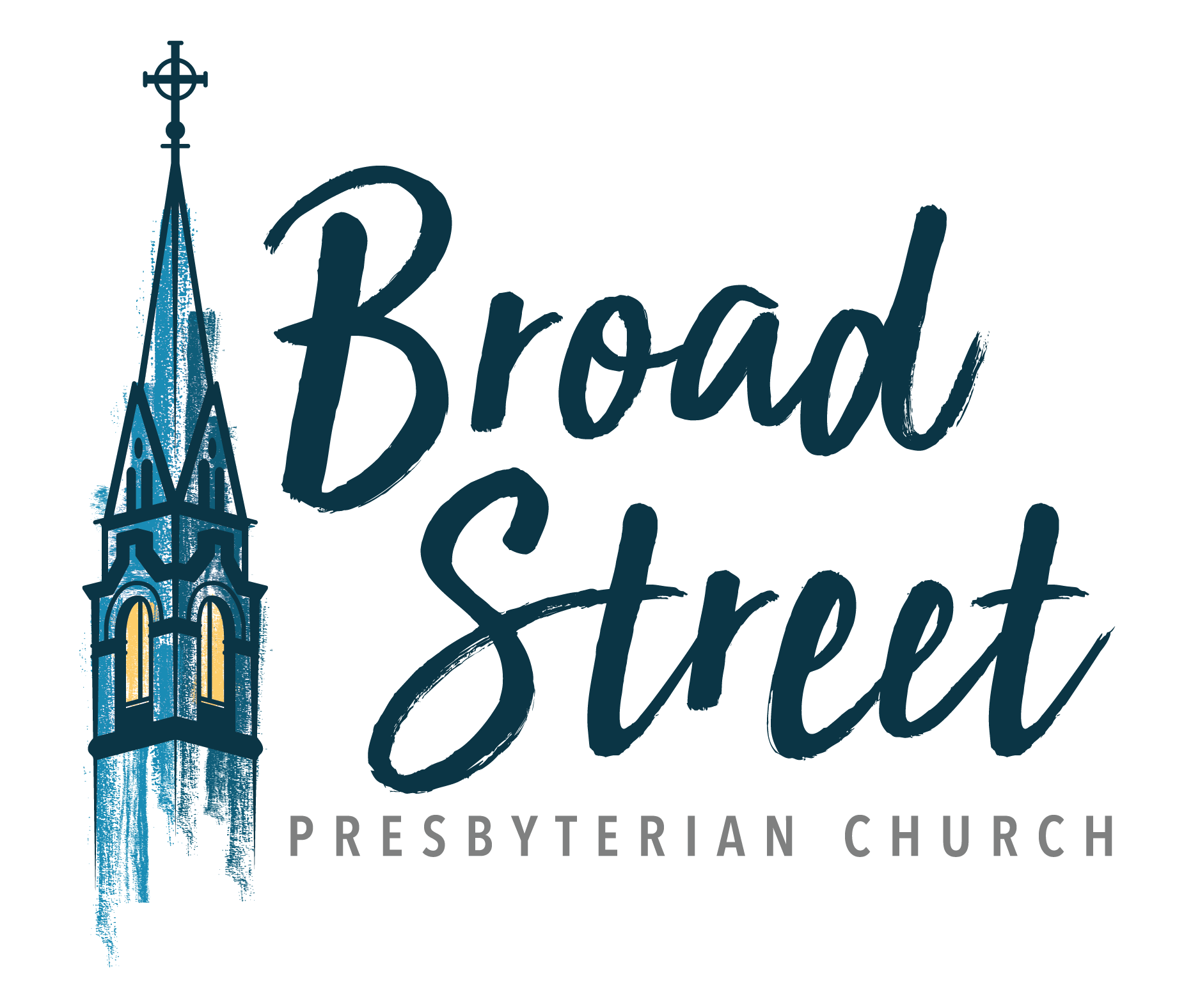Bible Study For Youth 10 Suggested Topics
Bible Study For Youth 10 Suggested Topics
When teaching a Bible study on the Bible, it’s important to choose a topic that will interest your audience. It’s also important to find an approach that helps people open up and share their thoughts with others in the group. I’ve put together 10 suggested topics for an adult or youth group Bible study. These topics are geared toward teens and young adults as well as anyone else who wants to learn more about Jesus Christ and His ministry through studying His words found in scripture.
1. Jesus and His Miracles
Jesus performed many miracles during His time on earth. Miracles are things that cannot be explained by our natural world, like a blind person being able to see or the dead coming back to life. Jesus performed miracles to show who He was and what He could do because He is God’s Son. God sent His Son so that we would have a relationship with Him and live forever in heaven when we die (John 3:16). By performing miracles, Jesus showed us how much God loves us as well as how much He wants us to love each other!
Jesus also performed miracles so that people would believe in Him and follow Him. According to John 10:25-26, “Jesus answered them; ‘I told you already my Father has been working until now.’ They did not understand what he meant by this statement about his Father’s work.” So even though it may seem like no one understands why something happened or how it happened—God does!
2. The Attributes of God
God is love. God is holy. God is just. And the list goes on…
The Bible tells us that there are several attributes of God that we can learn about, such as: omnipotence (all-powerful), omniscience (all knowing), omnipresence (present everywhere). They say that knowledge is power, but in this case it’s also understanding and peace for your soul!
3. The Story of Joseph
Joseph was sold into slavery by his brothers. He was falsely accused of sexual misconduct, thrown into prison, and later released from prison. God gave him a position of authority over Egypt, where he reunited with his family (Genesis 37-50).
This is an important story for youth because it shows that God can take the most difficult situations and turn them around for good if we trust him (Romans 8:28).
4. Jesus’ Ministry – The Calling of the Disciples
Jesus called the disciples to follow him. They were all fishermen, but Jesus told them to leave their nets and follow him. This is an example of how God calls us to become fishers of men. The disciples went out and preached the good news that Jesus had died on the cross for our sins and raised from the dead. They were able to be fishers of men because they were first called by God himself!
5. Jesus’ Ministry – The Parables
Jesus parables are short stories that teach about God and the Kingdom of God. They’re easy to understand and remember, making them an excellent choice for youth Bible study groups. Here are a few reasons why:
- They are easy to understand, even if you haven’t studied all of the Old Testament prophets who spoke in parables before Jesus did. If a child (or adult) doesn’t know what a parable is when they hear one, they can ask their teacher or another member of their group. Everyone will be able to explain it in ways that make sense without confusing anyone by using big words or complicated concepts!
- They’re also great because they’re not difficult once you know what they mean – but they aren’t too simple either! There’s still plenty left up for interpretation after we’ve finished reading through each story together as part of our lesson plans. That means there will always be more than enough discussion topics available whenever we want some extra input from other people who might have gotten something different out
6. Jesus’ Ministry – The Triumphal Entry, Last Supper and Resurrection
- Jesus’ ministry – The triumphal entry, last supper and resurrection. Jesus’ triumphal entry into Jerusalem was filled with the expectation of a messianic age. His last supper with his disciples is a key event in the Gospels that marks the beginning of Holy Week. It also includes foreshadowing of his death (the bread) and resurrection (the wine). Finally, on Easter Sunday morning, he rose from the dead to fulfill God’s promise to Adam in Genesis 3:15: “And I will put enmity between you [Satan] and the woman, and between your offspring and hers; he will crush your head, while you strike his heel.”
7. The Book of Matthew, Mark, Luke and John (The Gospels)
The Gospels are the four books of the New Testament (Matthew, Mark, Luke and John) that describe Jesus’ life, death and resurrection. Matthew is the first gospel, written by a tax collector named Matthew. The other three gospels were also penned by disciples of Jesus: Mark was written by Peter’s interpreter Barnabas; Luke was written by Paul’s physician; and John was probably written after some time had passed since Jesus had died on the cross.
The Gospels are regarded as the authoritative accounts of what really happened in ancient times because they were authored by eyewitnesses or people who had interviewed eyewitnesses to Jesus’ ministry. In addition to describing events from God’s Word in an orderly fashion (which makes them easier for us today), these four books also give valuable insight into how Christians should live their lives according to God’s will for them as His children.”
8. Acts and Paul’s Missionary Journeys
Acts is a continuation of the gospel of Luke. In Acts, we find Paul’s missionary journeys and their influence on the spread of Christianity. As a result, many scholars still study Paul’s missionary journeys today.
In order to understand how Acts relates to Paul’s life and work, it’s important to know that Acts was written by Luke (who also wrote the gospel). The book covers approximately 20 years after Jesus’ death and resurrection until about AD 70 when Jerusalem was destroyed by Roman armies. It tells us what happened during this time period—particularly in relation to Christianity—and shows us how God worked through people like Peter, John and Paul (among others) despite great opposition from those who opposed him because they didn’t see things as clearly as he did back then either!
9. The Books of 1 Corinthians and Galatians
The following two books are the books of 1 Corinthians and Galatians. They are both in the New Testament of the Bible and were written by the Apostle Paul to address problems in their respective churches.
These topics are important to study because they help us understand what was going on at that time period, who wrote them, why they were written, and how we can apply these truths today.
10. James, Peter and Jude
James, Peter and Jude are the three apostles of Jesus who wrote the New Testament books of James, 1 Peter and Jude.
James was the brother of Jesus, and the first leader of the church in Jerusalem. He may have been martyred for his faith by Herod Agrippa II in 44 AD.
Peter was one of Jesus’ closest disciples, even though he denied knowing Him three times on Good Friday (Matthew 26:69-75). According to tradition he was crucified upside down at Rome as an apostle. Some scholars say he wrote 1 Peter during his imprisonment there around 64 AD; others believe it was written some time after his death by another person using his name (pseudonymity).
These Bible study topics are geared toward teens and young adults, but they can be studied by anyone who wants to learn more about Jesus and His ministry
These Bible study topics are geared toward teens and young adults, but they can be studied by anyone who wants to learn more about Jesus and His ministry.




